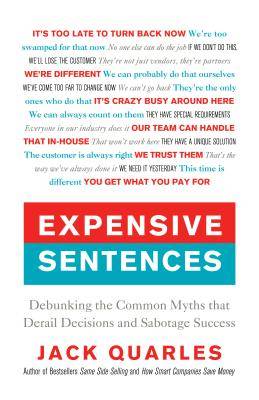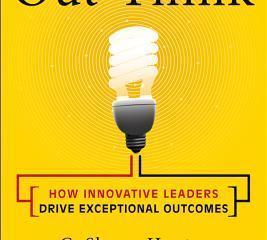Mistakes are expensive. Almost any error that an employee makes will cost that person’s employer money, if not in materials or direct revenue, then in lost time that could have been used to make the organization more profitable.
After a mistake occurs, most companies fall in one of two categories. They either view employee errors as costly blunders that should have been prevented (let’s call a firm that generally advocates this viewpoint “Company X”), or they view mistakes as an inextricable part of all processes (“Company Y”).
For instance, say an employee tries out new routing software that he believes will benefit the company, but grossly misdirects a delivery truck full of produce. By the time the product reaches its intended destination, almost 90 percent of the fruit has spoiled, and the customer refuses the delivery. The delivery company is out $5,000 in product, fuel, and labor costs.
Is it time for discipline?
Company X might discipline this employee, and might even be tempted to fire the individual, believing that a better employee wouldn’t have made a similar mistake.
Company Y, on the other hand, might believe that the employee may now be better for having made the mistake. Company Y might see the misdirected delivery and lost product as an investment in the employee’s future. Company Y may believe that terminating the employee is only a pathway to hiring another individual who may then make a similar mistake and need a similar investment.
Company Y probably also believes that employee mistakes may reveal flaws in processes. For instance, when more than one employee makes a similar mistake, the organization will likely question whether the process is actually inviting the errors and will work to identify and remedy any flaws.
Of course, if Company Y believes all this, it is likely not interested in employees who never make mistakes. The company probably realizes that mistake-free individuals may be limited in personal growth potential and aren’t likely to help the company evolve and grow, either.
When is a mistake NOT an investment?
Even organizations like Company Y need to recognize when a mistake isn’t a sound investment. If employees are repeating failed behaviors, repeatedly making mistakes in a careless or reckless manner, or if their mistakes occur after snubbing company or management directives (or firmly established, communicated, and stressed safety procedures), they might not be the kind of employees in whom an investment is the best decision.
It may also be difficult to view a mistake as an investment when employees aren’t willing to take responsibility for their missteps or aren’t willing to take steps to fix them.
Errors are not only part of life, but also part of the learning and growth process; and though costly, mistakes can be an investment rather than a total loss. A hard look at the nature of mistakes and the nature of the individuals that make them should help companies determine just what kind of investment they might be making.
Katie Loehrke is a human resources subject matter expert and editor with J. J. Keller &Associates, Inc., a nationally recognized compliance resource firm with more than 200 clients in the Las Vegas Valley. She is the editor of J. J. Keller’s Employment Law Today newsletter and Employment Law Essentials manual. Contact her through the company’s website at www.jjkeller.com/hr.






